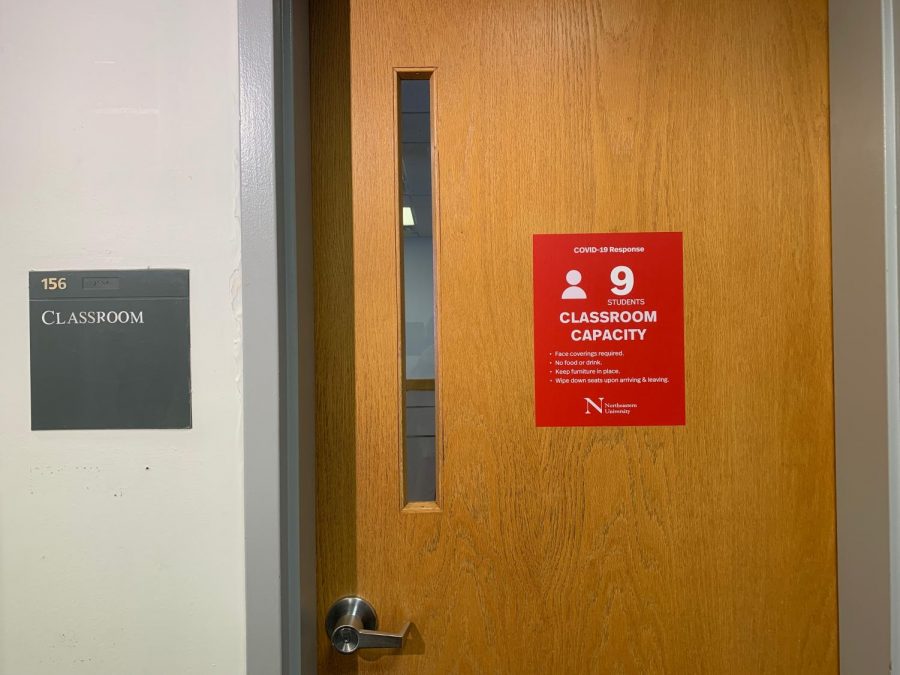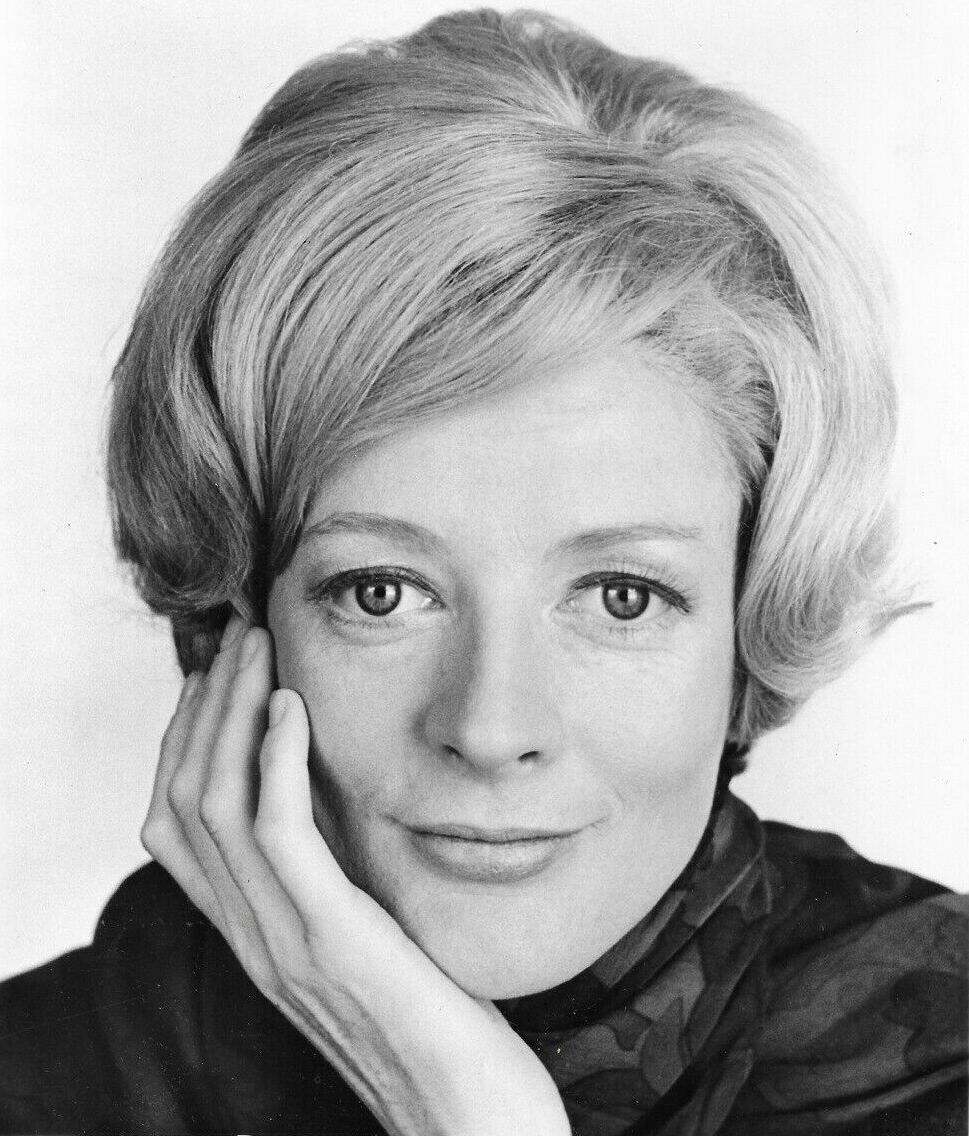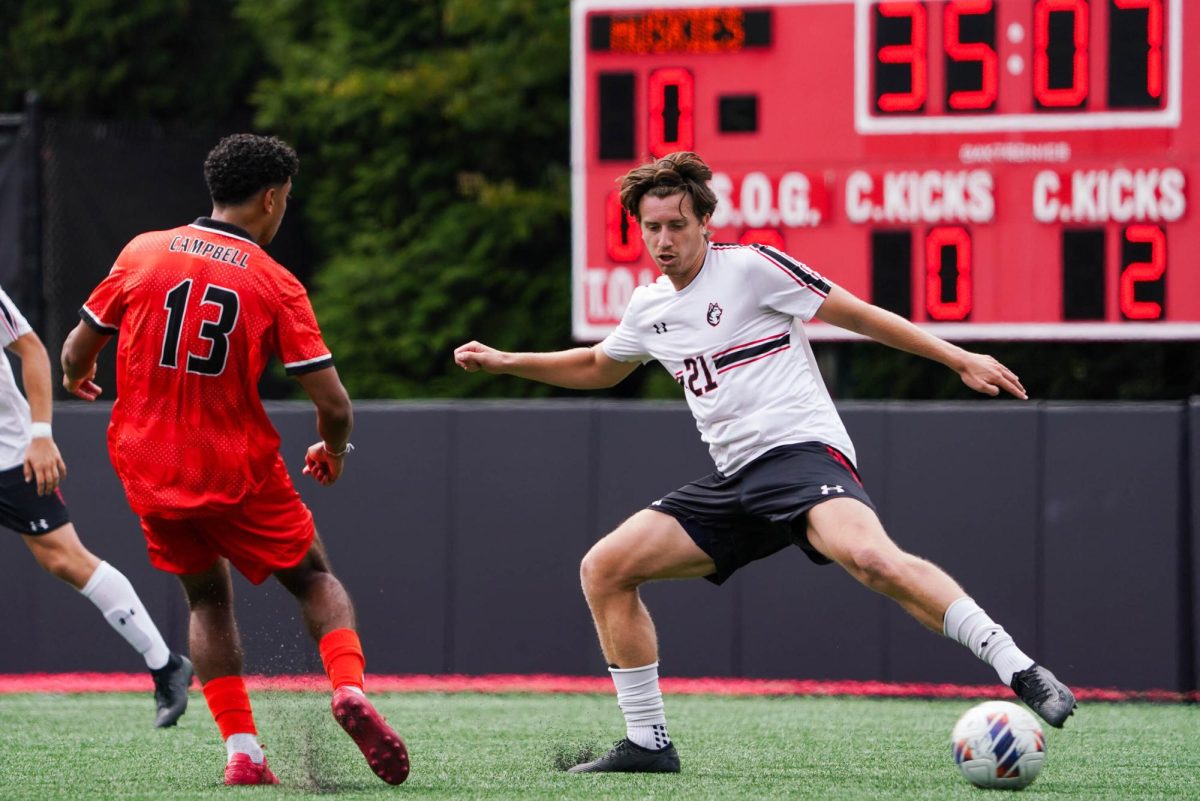Winter intersession courses fill up in 20 minutes
Classrooms on campus have limited capacity.
December 18, 2020
On Nov. 30, registration for intersession courses became available, and according to the Office of the Provost, every course was filled in just 20 minutes.
Intersession courses are one-credit courses offered over winter break, from Dec. 28 to Jan. 15. Students could register for up to two classes, which count towards an open elective credit, are graded on a pass/fail basis and are completely free of charge. No prerequisites are required for any of the courses.
Students have the option to experience these courses in the classroom or attend virtually over Zoom. Meeting times vary, but classes will typically meet for four hours each week.
Each course is specially designed by the professor who teaches it. Courses are available on a wide variety of subjects, including American immigration, science fiction for computer science majors and culinary medicine.
“I don’t think the university was expecting this much interest,” said Dr. Carey Noland, an associate professor specializing in health communication.
Noland will be teaching The Science of Happiness over the break. She describes her course as a “personal happiness project,”, and it is inspired by Yale’s most popular class ever: Psychology and the Good Life.
Noland’s class, which has 24 students enrolled, is small for a reason.
“I think a part of the reason why Northeastern is doing this is to foster a sense of community, particularly for the students who are on campus, and I’m not sure how much community would be fostered if it was a larger class,” she said.
Brian Fulton, an associate teaching professor in the chemistry department, is teaching the course Medical Plants: Drugs or Poison. The class, inspired by his interests in medicinal plants and their uses, will cover the historical, agricultural and regulatory aspects of medicinal plants. The class will feature lectures, reading assignments and active discussions on the topics. The main assignment will be a short monograph on a plant of the student’s choice.
“I look forward to bringing together people with a common passion to discuss various aspects of medicinal plants,” Fulton said.
Will Hanvey, a first-year international affairs and economics combined major, was able to register for two courses: The First 100 Days: Biden and Financial Literacy. Hanvey will be attending the classes remotely.
“Classes would be a good way to fill my free time, keep my brain going, and they seemed interesting,” Hanvey said.
Noah Colbert, a first-year mathematics and political science major, registered for Monumentalism and Nationalism. He decided to take the course because it was a topic he liked and wanted to learn more about, and the class was free.
“I think I registered nine minutes after the email was sent out,” Colbert said. . “I was the last slot.”
Ava Rognlien, a second-year environmental studies and international affairs combined major, was looking forward to the courses but was unable to register in time. “I had Professor Noland as a teacher previously and she was a really amazing professor. When I saw she was teaching a course, I was really excited,” Rognlien said. “I was really disappointed to see how limited the class capacity was.”







